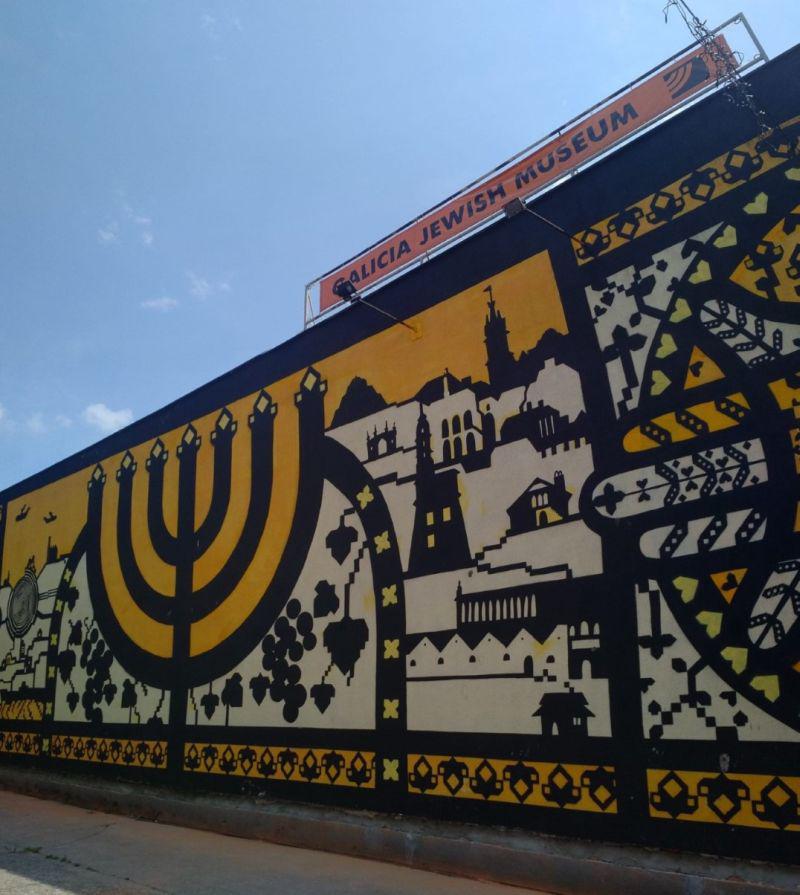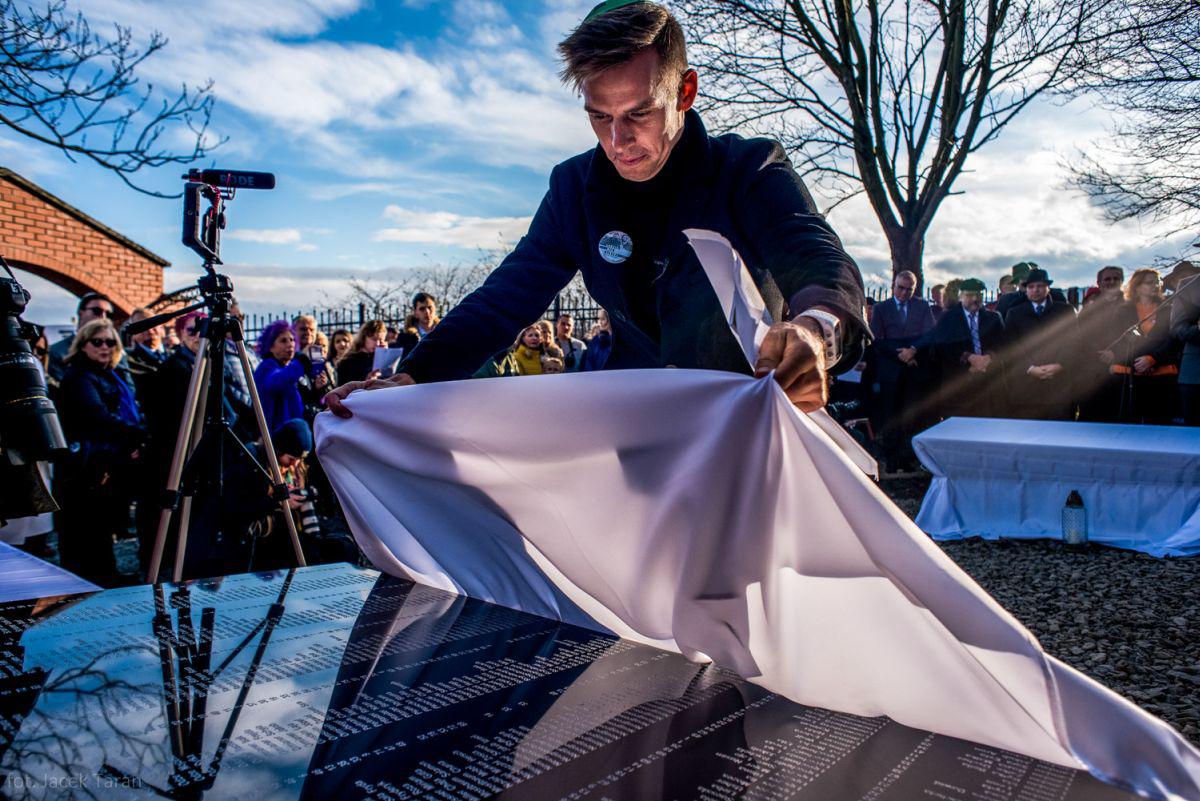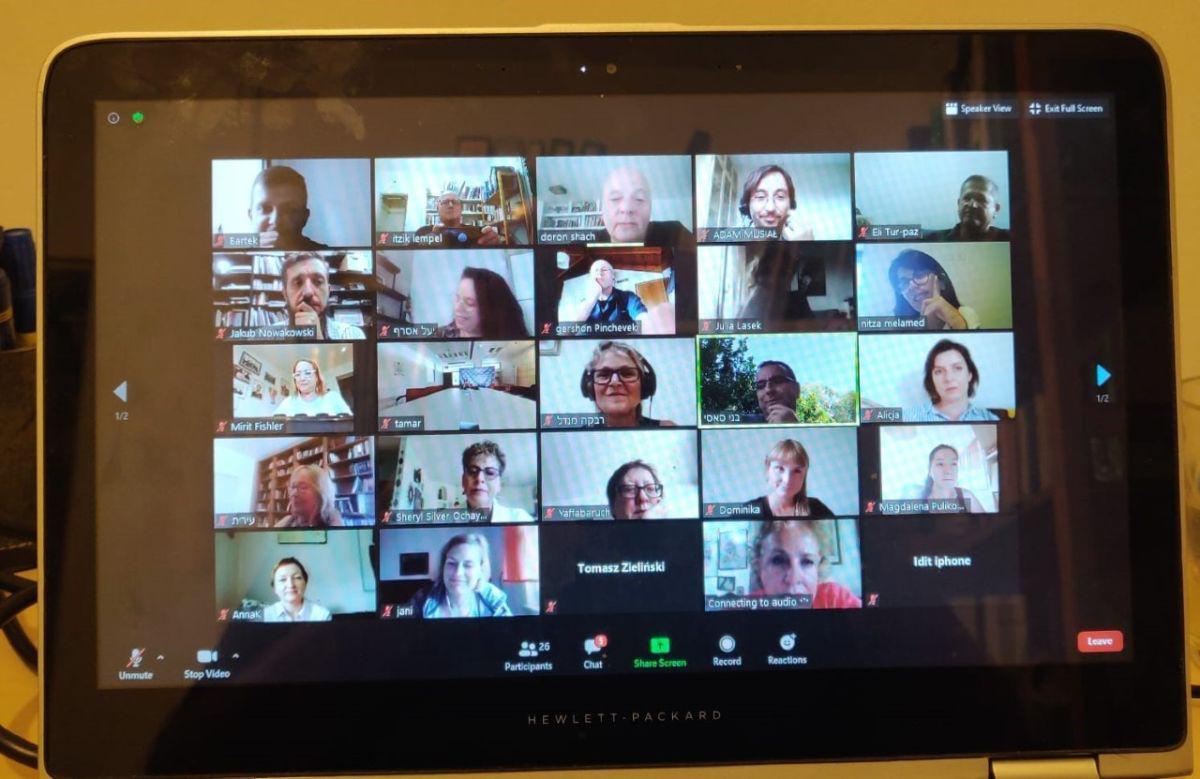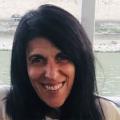





Three years ago, during one of his training sessions on the Donets River in southeastern Poland, the Olympic kayaker and canoeist Dariusz Popiela spotted the remains of a cemetery along the riverbank. As history buff, Popiela approached the site and discovered a visible tombstone and other broken tombstones covered with grass. The next day he returned to the scene with a lawn mower "full of sadness and emptiness," in the face of the encounter with a community that had disappeared. This accidental discovery of the remains of the Jewish cemetery changed Popiela's life. Since then, he has been investing his personal money and time in commemorating Jewish communities in Poland by rehabilitating cemeteries, collecting the names of Jews murdered in the Holocaust and erecting monuments bearing the names of the victims from various towns. Popiela named this special commemoration project "Forgotten Neighbors," and it attracted many Poles – ordinary citizens, as well as supporters and schools across Poland.
But the story does not end here. In July, Popiela attended a joint seminar, the first of its kind, for guides from the IDF and Security Forces Department of the International School for Holocaust Studies at Yad Vashem, and instructors and educators from the Galicia Jewish Museum. The museum, located in the historic Jewish quarter in Krakow, was established in 2004 by photographer and journalist Chris Schwartz to commemorate the Jews who lived in the Galician region before the war, and to bring to light the diverse and abundant life of the community, its history and culture, and the coexistence of its population with their Polish neighbors.
The seminar, which was held via the "Zoom" online platform, was initiated and conducted by IDF and Security Forces Department guide Doron Shach together with the Director of Galicia Jewish Museum Jakub Nowakowski. The goal was not only for Israeli and Polish guides to meet (even from a distance) and create a dialogue, but also to get acquainted with the educational pursuit of Holocaust education in Poland, and to discover their common ground, differences and challenges. Among the participants in the seminar were educators and academics involved in commemorating Polish and Galician Jewry, as well as Poles who endeavor to keep alive the memory of the Holocaust and Jewish Poland. It was fascinating to see the depth of the commitment and enormous motivation of Polish non-Jews dealing with the subject of the Holocaust and its commemoration, together with the Jewish life that was significantly present in Poland for hundreds of years before the war, as well as to introduce the participants to the breadth and depth of Holocaust commemoration in Israel.
One of the highlights of the seminar was meeting with the captivating and inspiring Olympian Popiela, who explained the history and current status of his commemorative project. Dariusz Popiela stated:
"When people find out about the project, they are sure I have Jewish roots, but I do not. Nevertheless, I am connected to Jewish history and want to correct the fact that for the last seventy years Jews have disappeared from Polish history – as if they were never here."
At the end of the seminar, ideas were raised for joint projects. One example is the creation of a joint art exhibition comprising photographs, drawings or other art forms that will address issues of legacy and emotions. This project, named "Windows of Hope," was initiated by Riki Mendel, one of the participants in the seminar. Another important follow-up project currently being formed was conceived and initiated by Yad Vashem guide Gershon Pinchevsky: to commemorate and honor some 130 Righteous Among the Nations who linked their fate with the Jewish nation, immigrated to the State of Israel after the war, and lived there until their deaths. The vast majority of them are unknown to the public. Department Director Osnat Nir Dadon noted:
"This common interest and discourse is so important in order to perpetuate the diverse and fruitful Polish Jewish world that was and is no longer, both within the framework of the seminar and in Yad Vashem's ongoing commitment to recognize Righteous Among the Nations."
Tamar Norani, a coordinator in the department, helped with the preparation of the article.










